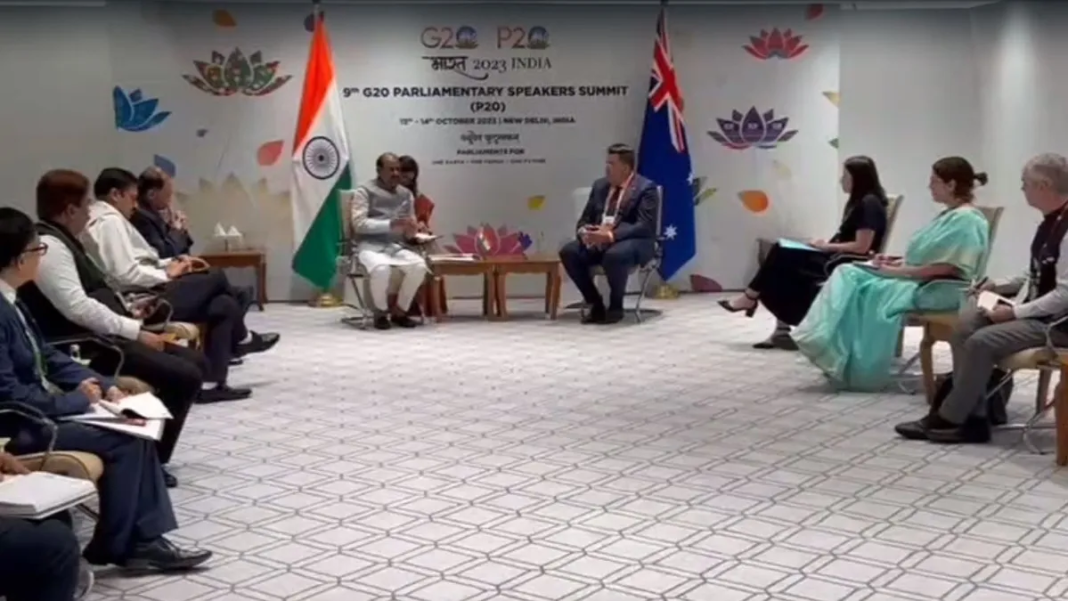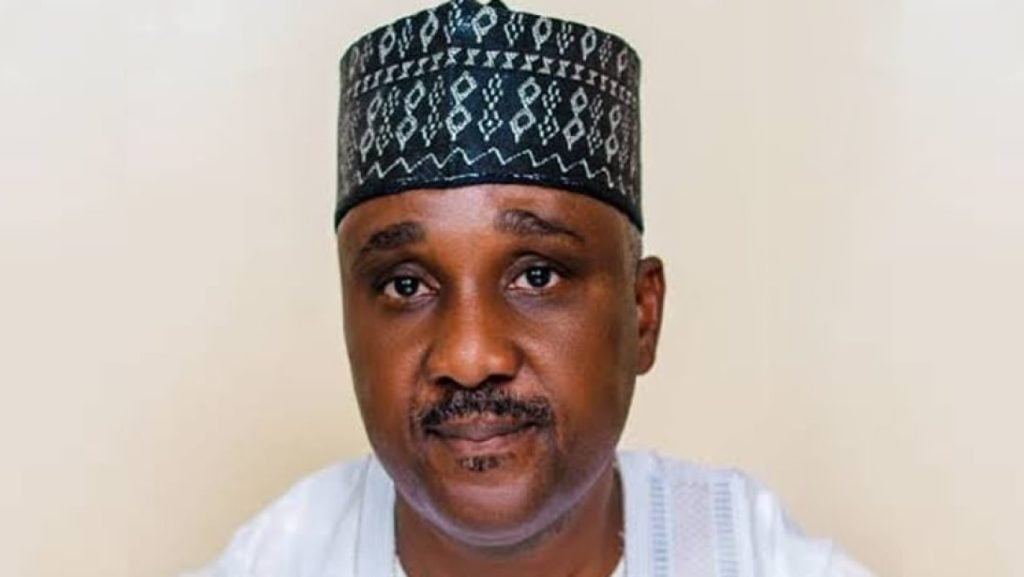New Delhi, India – 9th P20 Summit and G20 Parliamentary Forum*
The escalating climate crisis demands immediate action from not only governments but also businesses, civil society organizations, and individuals, according to Rt. Hon. Abbas Tajudeen, Ph.D, the Speaker of the House of Representatives. Speaking at the Lifestyle for Environment (LiFE) forum during the 9th P20 Summit and G20 Parliamentary Forum in New Delhi, India, Speaker Abbas emphasized that while systemic changes driven by governments and large corporations are crucial for effective climate mitigation, individual actions play a multifaceted role in addressing the climate crisis.
Addressing the unique challenges faced by Nigeria, Speaker Abbas highlighted the country’s greater vulnerability and limited capacity to adapt due to climate change. He pointed out that Nigeria’s agriculture sector has been negatively impacted by desertification in the northern region and unpredictable rainfall patterns in the southern part. These challenges have resulted in economic strain, affecting the country’s agriculture-based economy. Coastal areas, particularly around the Niger Delta, face an increased risk of flooding due to rising sea levels and changing rainfall patterns. Nigeria’s reliance on hydroelectric power also leaves it vulnerable to energy shortages due to variability in river flows.
Speaker Abbas stressed the importance of addressing both mitigation (reducing greenhouse gas emissions) and adaptation (preparing for and responding to the effects of climate change) in Nigeria and other developing countries.
He highlighted the role of parliamentarians in allocating funds for climate change mitigation and adaptation efforts during the budget process. Parliamentarians can also hold governments accountable for their climate commitments and actions by utilizing various oversight tools and powers at their disposal.
Furthermore, Speaker Abbas noted that the Nigerian government is committed to transitioning from fossil-based energy to renewable sources such as wind, solar, and hydropower to ensure sustainability.
Parliaments can advocate for educational programs and training on climate change at all levels, emphasizing the need to address climate-related issues in educational institutions effectively.
Speaker Abbas underscored the transformative power of individual actions, stating that if one billion individuals worldwide adopted environmentally friendly lifestyles, global carbon emissions could decrease by approximately 20 percent. This highlights the significant role that parliamentarians can play in the fight against climate change.
He lauded the LiFE initiative for its focus on encouraging sustainable lifestyles to combat environmental degradation and climate change. Speaker Abbas emphasized that parliamentarians can contribute by proposing and enacting legislation to regulate emissions, promote renewable energy, and set environmental standards.
In 2021, Nigeria passed the Climate Change Act, charting a path toward low greenhouse gas emissions and sustainable growth. This legislation established the National Council on Climate Change and is the first comprehensive climate change legislation in West Africa. Nigeria also submitted its Nationally Determined Contribution (NDC) Interim Report to the United Nations Framework Convention on Climate Change (UNFCCC), demonstrating its commitment to reducing carbon emissions.
The Speaker listed various interventions by the Nigerian National Assembly, including the establishment of the Hydroelectric Power Producing Areas Development Commission (HYPPADEC) in 2010, which addresses ecological challenges related to hydroelectric dams. Nigeria has also adopted new Methane Guidelines for the oil and gas sector, established the Sovereign Green Bond Programme in 2017, and implemented rural electrification programs, tree planting and reforestation efforts, among other policies and activities to combat climate change.
Legislative interventions have cascaded to the sub-national level, with state legislatures enacting legislation to address waste management and recycling, promote responsible consumption, and reduce waste.
Speaker Abbas emphasized Nigeria’s dedication to addressing the climate crisis and promoting sustainable development, underscoring the vital role parliamentarians play in advancing these goals.





